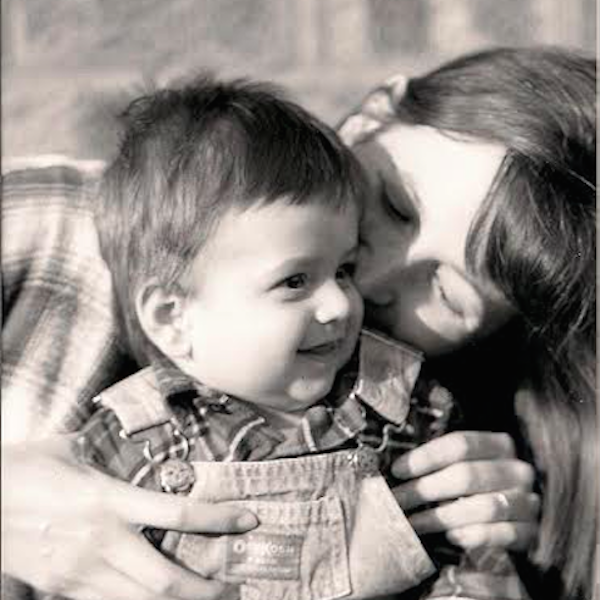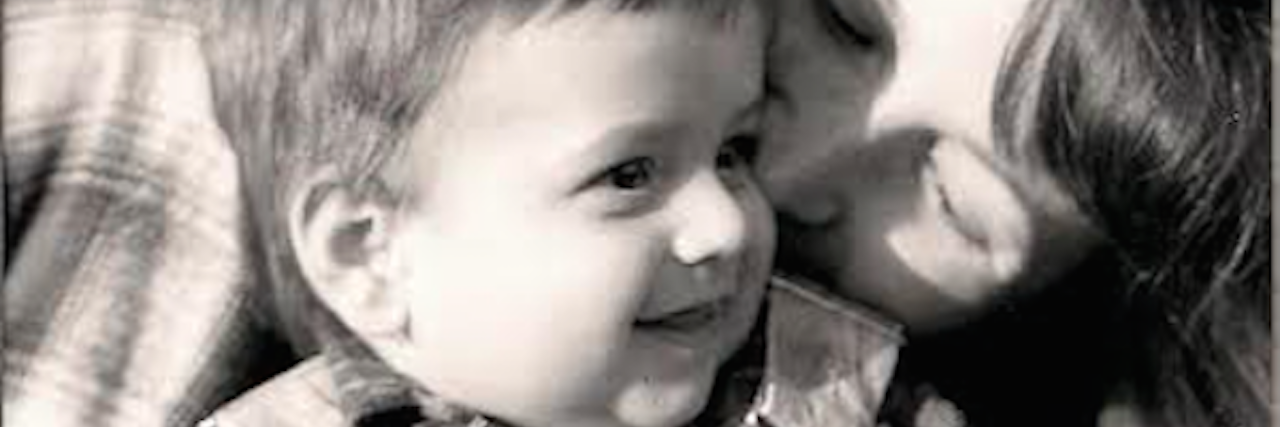My teenage son took a knife out of the kitchen drawer. Feeling stripped of power and control, he believed the only thing he had left was pain. Behind the locked door of his room he began with his left arm. With each slice he traded his emotional anguish for physical pain. It was just enough to suppress his desire to die.
I discovered my son was cutting after he gouged his hand severely enough to require stitches. It was only after I asked him to wash his hands, after pulling up his sleeves, that I saw the other marks.
What did I do wrong as a parent?
That’s what I asked myself. I was angry and confused. Why would he cut himself? Why would anyone want to deliberately hurt themselves? What I didn’t know was how great his internal pain was. I didn’t know what he had been experiencing inside for many years. I didn’t know how deeply he had buried his misery. I didn’t know every day my child fought to keep himself alive. Every day he won his battle and I never knew there was a fight.
After my anger subsided, I wondered why I didn’t notice my child needed help. I wondered why he didn’t or couldn’t or wouldn’t come to me and tell me about his torment.
That’s when the blame started.
I blamed myself for not being a good enough mother. I blamed myself that my sweet boy didn’t think I would understand how he felt. I blamed myself for being too busy or too self-involved or too anything other than the “perfect mother.” I blamed myself for not knowing. I believed I should have known. This was my child. Wasn’t I supposed to have some kind of intuition about these things? I was supposed to protect my child from any harm thrown his way, but how could I protect him from himself? How could I take away my child’s pain when I didn’t even know it was there?
How does the parent of someone who self-harms heal from the physical pain inflicted on her soul?
I had many steps to take and lessons to learn along the way to my own healing.
My first lesson was on validation. This concept was explained to me by my son’s mental health counselor after a session where my son said that he hated himself and wanted to die. He said, “It’s my life, and death should be my choice.” Instead of listening, I told him how wonderful he was and listed all the reasons he had for living. I now know this isn’t what my child needed. He needed to feel heard, acknowledged, understood and accepted. Validation is sometimes not easy for parents. We’re ingrained to find solutions to our children’s problems, but sometimes in doing so we invalidate what they’re feeling. This was a difficult behavior for me to change. I spent most of my parenting life invalidating my children without even knowing it, from monsters under the bed to the desire for piercings or tattoos. I didn’t have to agree with what my child voiced, I just had to hear what he said, and accept and acknowledge his feelings as his own.
Because I spent an enormous amount of time helping my son survive, I was depleted of energy and on the verge of a meltdown. I knew I had to do something or I wouldn’t have the strength to continue being an effective parent. This is when I realized I needed therapy just as much as my son. The next step I took was to find a counselor for myself. Personal counseling is very important for anyone going through a difficult time. It’s important to get advice and support from a professional in order to gain perspective.
After years of focusing on my son and doing everything for him, I finally learned, through trial and error, I didn’t have to be the “perfect mother,” just one who listened her child, didn’t judge the choices he made and loved him unconditionally. I discovered I couldn’t solve my son’s issues or change his behavior; he would have to do that for himself.
My final step toward healing was recognizing we had a co-dependent parent/child relationship. With the help of my counselor, I learned how to communicate with my son without making all of the decisions about his health and his future. I was there to offer encouragement and guidance, but I took a step back and allowed him to make his own choices. Our relationship changed from an enabling one to a nurturing one. It didn’t happen overnight. The shift was a slow process spanning several months, but it did happen. I was able to let my son handle decisions for himself, allowing him to feel pride in what he did, and then I could validate him for it.
With each step I not only helped myself, but I helped my son. I stood by his side, helped him through difficult times, counseled him and I also reluctantly stood back and let him make mistakes. Each time he faltered, each time he fell, he would get up and start over.
Being a parent wasn’t what I had dreamed it would be. Instead it was painful, brutal, arduous and exhausting. But it was also rewarding and fulfilling. No matter what obstacles I had to face, being a parent always required love and acceptance. I learned I could trade pain for love.
Editor’s note: These lessons are based on an individual’s experience. If you or a loved one is engaging in self-harm, please talk to a professional.

To see more from Theresa, visit her website.
If you or someone you know needs help, see our suicide prevention resources.
If you need support right now, call the Suicide Prevention Lifeline at 1-800-273-8255.

